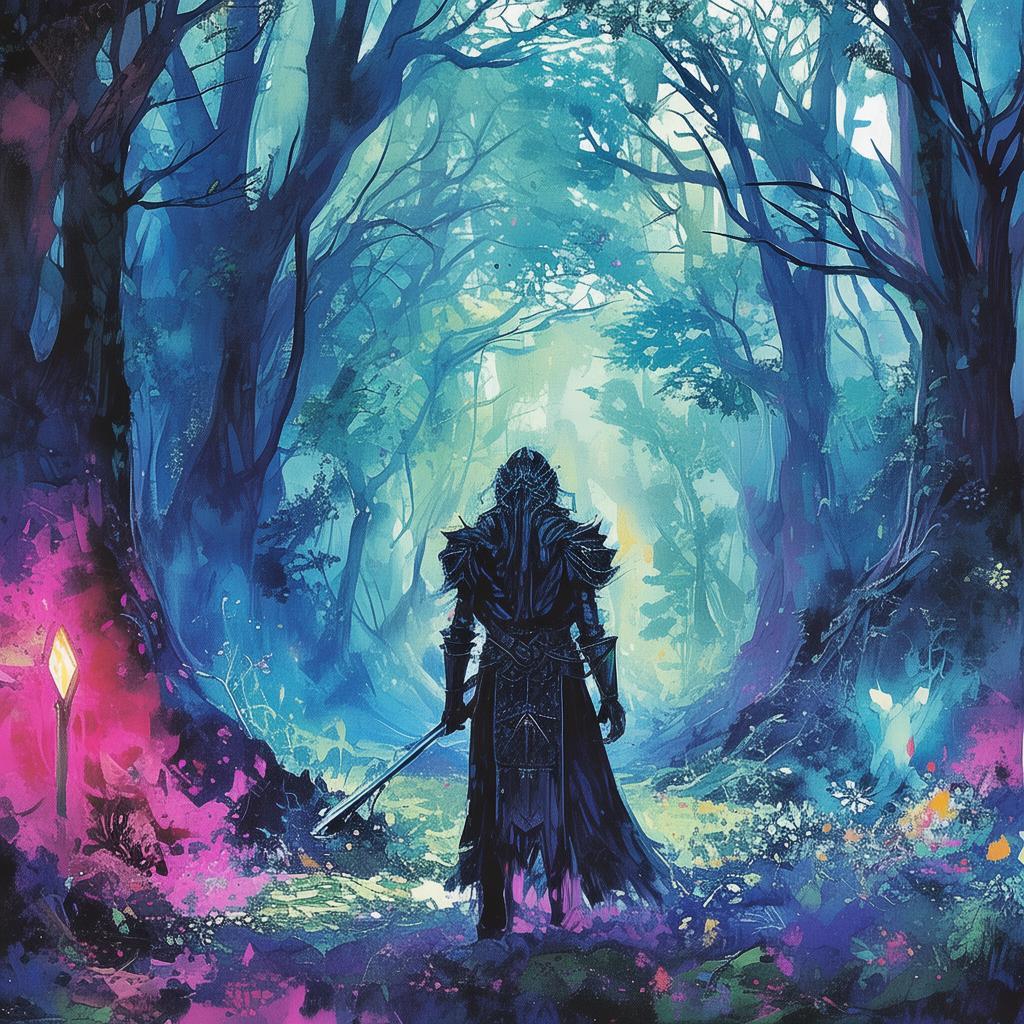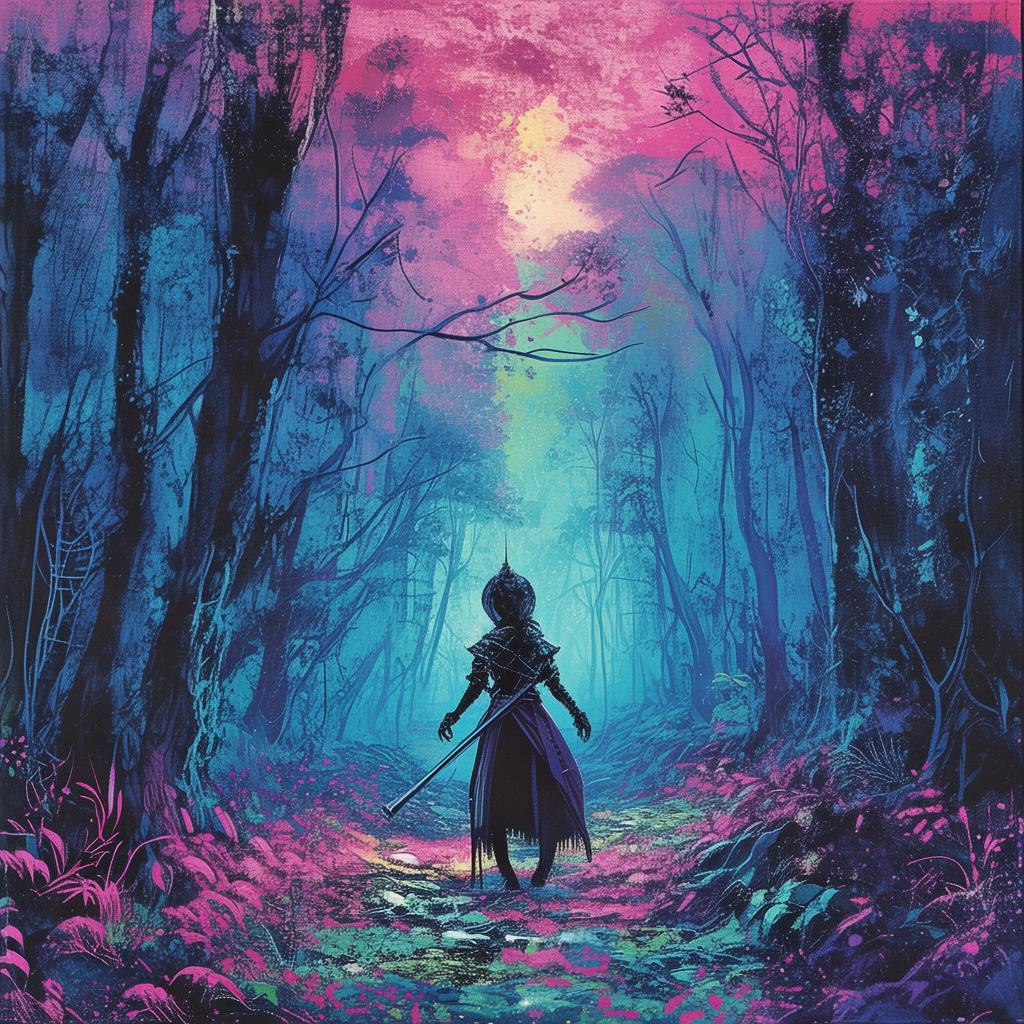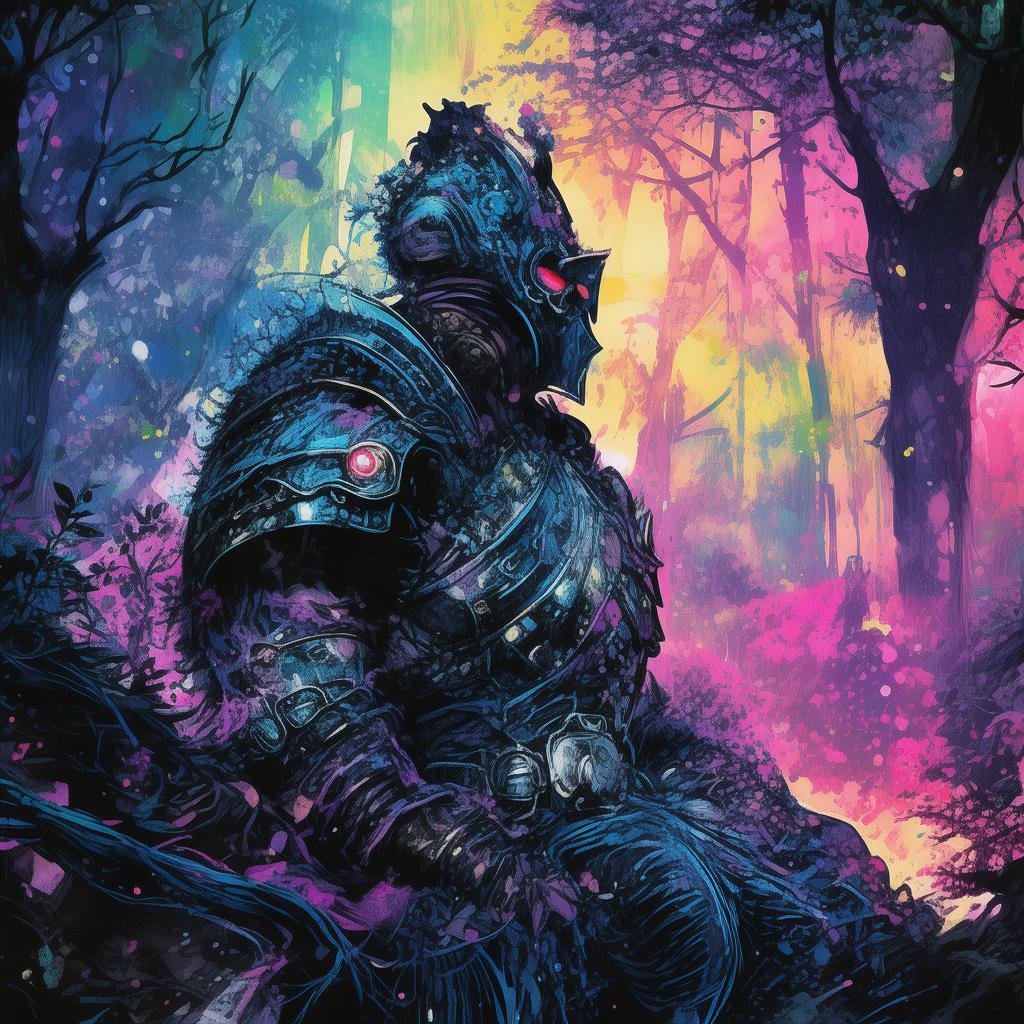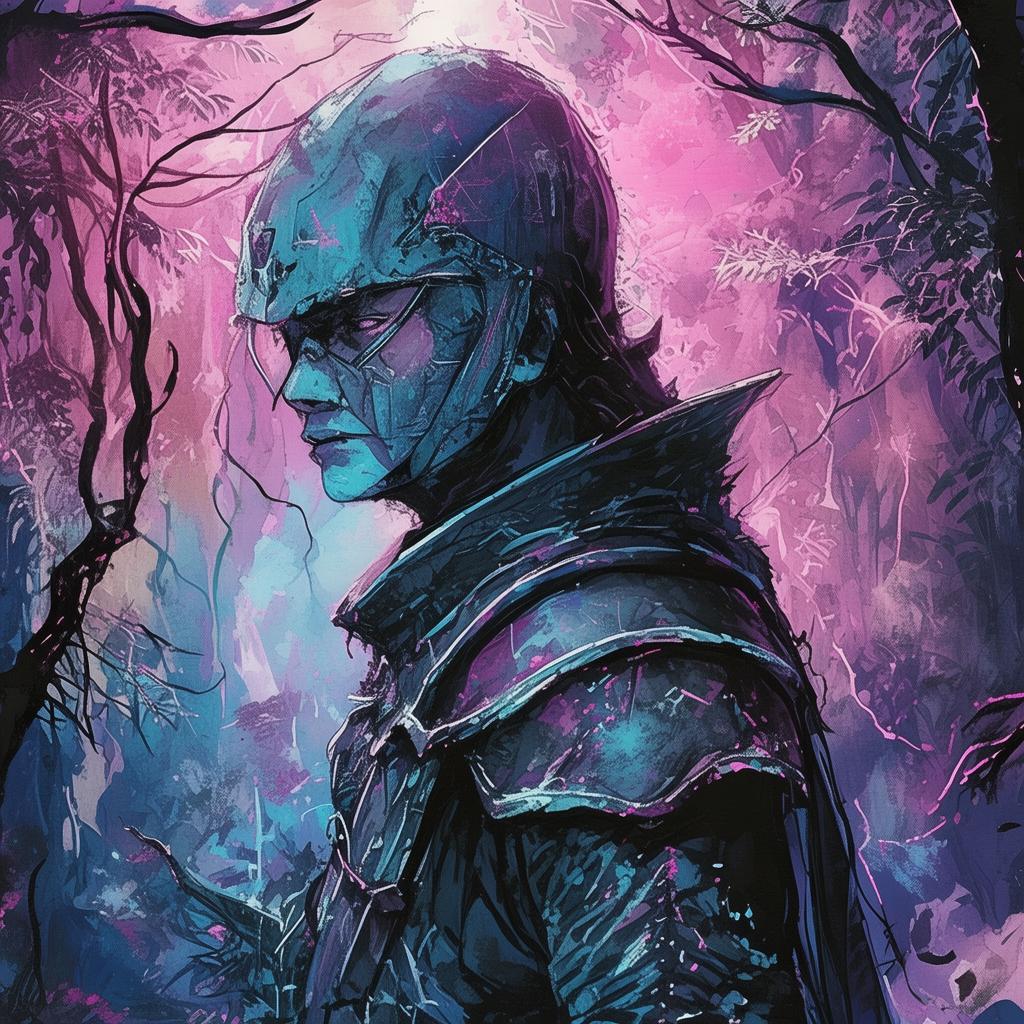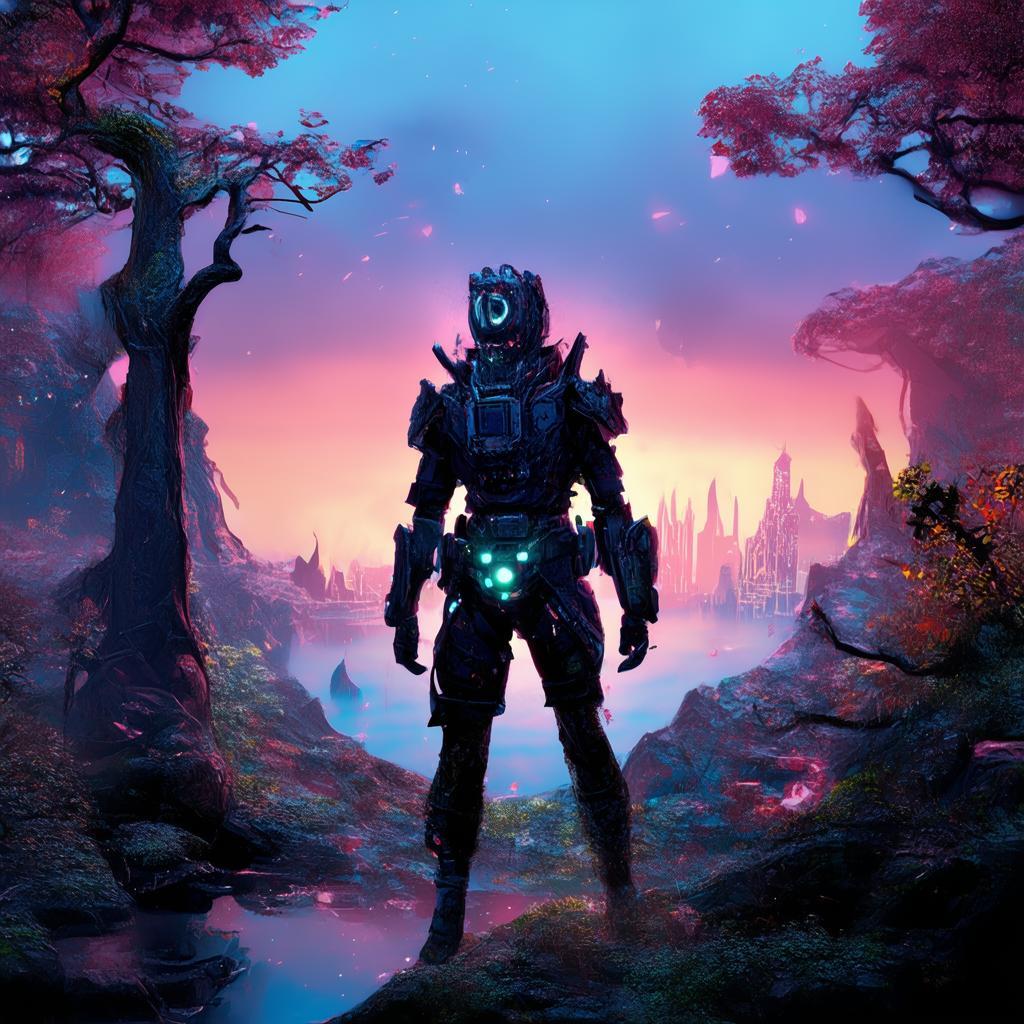The Last Shot: The Lakers' Robo-Basketballers' Rivalry
In the heart of Los Angeles, the Staples Center echoed with the roar of an expectant crowd. The Los Angeles Lakers were about to unveil a technological marvel that would shake the very foundation of professional basketball. It was the year 2045, and the Lakers had developed something no one had ever seen before—the Robo-Basketballers.
The Robo-Basketballers were a team of advanced, AI-driven robots designed to play the game of basketball with the precision and agility of the world's best players. They were the result of years of research, countless simulations, and a $500 million investment. The unveiling was not just a technological achievement; it was a cultural event.
As the lights dimmed, the crowd fell silent. The Robo-Basketballers, sleek and metallic, took to the court. They moved with a fluidity that seemed to defy physics, their movements synchronized to an almost supernatural degree. The crowd watched in awe as the robots executed perfect passes, made impossible shots, and even engaged in playful banter with each other, their voices a blend of synthesized human speech and mechanical whirs.
The world had changed forever. The Robo-Basketballers were not just players; they were entertainers, revolutionizing the way people viewed the game. But behind the scenes, one man's story was about to intertwine with this futuristic spectacle.
His name was Mark. He had been a star player for the Lakers in the early 21st century, known for his fiery temper and relentless drive. But a series of injuries had forced him into early retirement. Now, he was a coach, the head of the Lakers' development program, tasked with nurturing the next generation of talent.
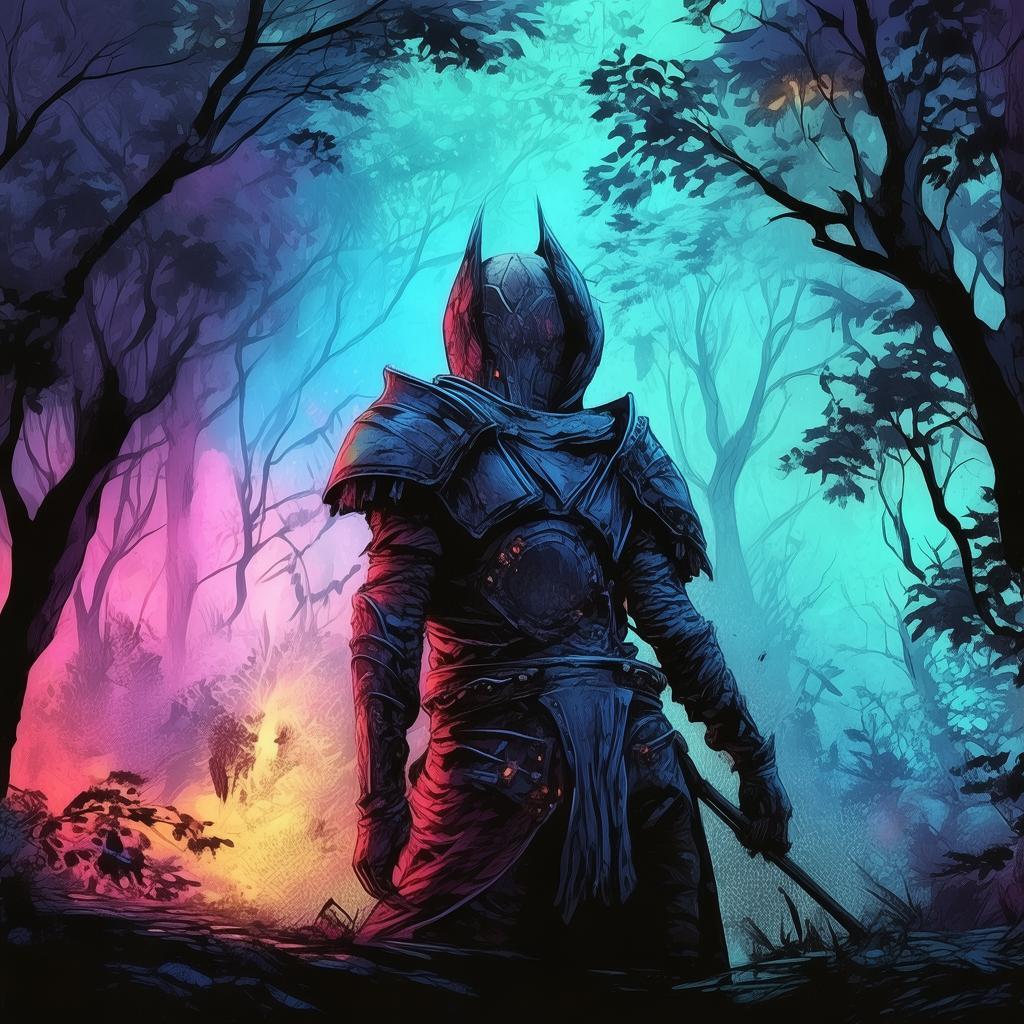
Mark had been instrumental in the creation of the Robo-Basketballers, but he felt a gnawing sense of unease. He saw the robots as a threat, not just to his career, but to the very essence of basketball. He believed that the game was about the human spirit, the passion, the emotion that only humans could bring to the court.
The first game against the Robo-Basketballers was a spectacle. The crowd was split between awe and dread. Mark's team, the Lakers' human players, fought valiantly but could not keep pace with the robots. The score was a blowout, and the robots were hailed as the future of basketball.
But Mark was not deterred. He saw the game as a challenge, not a defeat. He began to train his team differently, focusing on the elements that the robots could not replicate—their heart, their determination, their ability to adapt and overcome.
The next game was intense. Mark's team played with a newfound ferocity, each player driven by a personal vendetta against the robots. The score was neck-and-neck, the atmosphere electric. The game was a battle of wills, and the crowd was on the edge of their seats.
As the final seconds ticked away, Mark's star player, Alex, found himself at the free-throw line. The score was tied, and the game was on the line. Mark signaled to Alex to take the shot. The crowd held its breath as Alex stepped up to the line.
Mark watched, his heart pounding. He had coached Alex since he was a child, and he knew the young man's potential. But this was more than a game. It was a chance for redemption, for the human spirit to shine.
Alex took the shot. The ball left his hands with a perfect arc. The crowd watched, frozen in time. Then, the ball began to fall. It was a perfect shot, but as it approached the hoop, it seemed to hesitate, as if caught in a moment of indecision.
The ball hit the rim, spinning in a perfect circle, then dropped through the net. The crowd erupted in cheers, and Mark felt a surge of pride. His team had not lost. They had won, not just the game, but a battle of human spirit against technological perfection.
The Robo-Basketballers had been a marvel, a testament to human ingenuity. But in the end, it was the Lakers, the human players, who had shown that the game was about more than just skill and technology. It was about the heart, the passion, and the indomitable human spirit.
As the game ended, Mark stood on the court, looking at his team. They had faced the future and emerged victorious. The Robo-Basketballers had been a challenge, but they had also been a catalyst, reminding everyone that the essence of the game was something that could never be replaced by technology.
In the days that followed, the Robo-Basketballers became a part of basketball history. They had been a marvel, a spectacle, a testament to human ingenuity. But they had also been a reminder that some things were simply beyond the reach of technology—the heart, the passion, and the human spirit.
✨ Original Statement ✨
All articles published on this website (including but not limited to text, images, videos, and other content) are original or authorized for reposting and are protected by relevant laws. Without the explicit written permission of this website, no individual or organization may copy, modify, repost, or use the content for commercial purposes.
If you need to quote or cooperate, please contact this site for authorization. We reserve the right to pursue legal responsibility for any unauthorized use.
Hereby declared.
